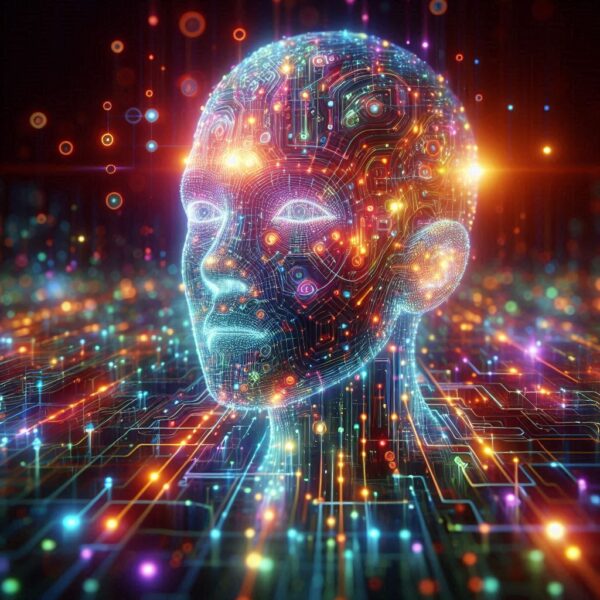Better humans won’t be found by embracing artificial intelligence

Roderick Benns’ column in the May issue of the Advocate (Benns’ Belief: “Becoming a Better Human”) is surely a worthy aspiration and should be at the heart of all good journalism. And, by telling stories of local initiatives, the Advocate plays its part in encouraging us to foster community.
The problem is that Benns’ column places too much hope in technology, specifically AI, to free us from “the tyranny of the everyday,” thereby “allowing us to engage in activities that cultivate our human spirit.” It seems to me there is no evidence from history that advances in so-called time-saving technology correspond to the creation of better humans. Indeed, advanced technology can just as easily facilitate dehumanization and the crushing of the human spirit. Think of Nazi Germany, think of nuclear weapons, think of drone warfare.
But it is in the denigration of the “tyranny of the everyday” that Benns gets it most wrong. His hope is that we might be able to “offload routine and mundane tasks” to AI so that we would have the “gift of time” to pursue such a vision of the better human. The problem is that it is precisely in the everyday tasks of shared life that our character is most profoundly formed.
Let’s take the everyday technology of the dishwasher. Has the dishwasher made us better humans? I doubt it. In fact, it seems to me the removal of dishwashing from a family chore to a mechanized operation has been detrimental to family life, releasing children from a meaningful contribution to family day-to-day rituals.
We know what makes for better humans. We saw it during the pandemic and after the ice storm. At its best, we bear witness to the cultivation of better humans in the stories told in the pages of the Advocate. It is in folks bringing home cooked meals to neighbours without power. It is in the drudgery of cleaning up after a storm. This is all being better humans, and AI has precious little to do with it.
I’m sure that Benns will not be giving up to an AI application the drudgery of coming up with a column every month. No, he becomes a better human, and we benefit from the cultivation of his journalism, in the day-to-day, often mundane task of crafting words to produce pieces that just might engender interpersonal responses like this one.
– Brian Walsh
–Technology has already enabled us to have more quality time with one another. Families travel more. We have time for leisure activities like a game of tennis or a long walk with a loved one. It’s true that we cannot count on AI – or any machine – to make us better humans. But my enduring sense of optimism tells me we’ll learn along the way how to best care for one another, even with emergent technologies.
–Roderick Benns




I’m with Benns on this one. We are well into the fourth industrial revolution and there is no turning back. Will it impact humanity? You bet. But if we seize the day and embrace the change, it will no doubt improve our standard of living and with it, hopefully the standard of living for all living things. As AI replaces human labour, we will see leaps in medical technology that can take the pressure off our healthcare system. Apps will provide the corporate organizational skills needed for ordinary people to participate directly in economies. And surely some brave politician will take the bit in his/her/their mouth to pitch a global negative income tax aka basic income. Surely, that is not too much to ask of a species that organizes around the most hopeful of stories and only regrets the nightmares.